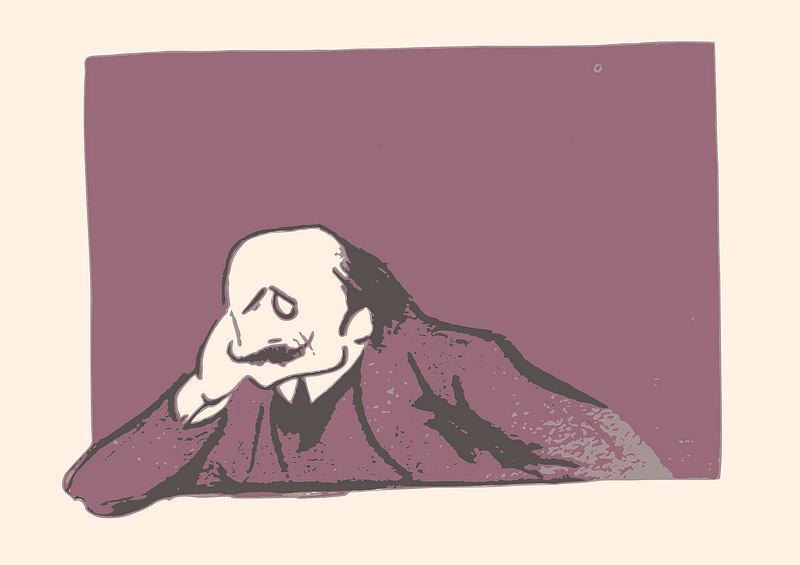AI vs Poetry
by Tomi Olugbemi
I’m good for the first sentence, line, phrase, and even the first word.
Most of my creative ideas — poems, short stories, or screenplays — come to me as openers, sparks of language borne by emotion or daydreaming. The final product might take a different form or direction altogether but this is how my brain typically works — fragments and phrases come first, and then ideating and fleshing out follow.
Before the explosion of AI, whenever words and phrases did not come readily, my technological remedies were online prompts and topic/title generators. They helped to jump-start the process. When they failed, I relied on the old faithful of giving myself to days-long purposeful reading and or late-night strolls till I saw, smelt or felt something that triggered a lingual emotional expression. And if nothing happened, I agonised, went to bed and lived to agonise another day.
These days, with the current explosion of AI, especially the continuous improvements of Large Language Models, I have access to what seems like endless tools that can do the ideating, prompting and even the writing on my behalf. Artificial intelligence cannot only write code, it can also write poetry and prose to proficient and laudable results.
But I find it difficult to participate. It feels like cheating, a type of deft refusal to apply myself to the grime of creating, to the not-glamour of it. It feels like skipping the cooking process to make a meal. Besides, what is the point of a poem if it isn’t generated from the bowels of the poet?
I use AI for a wide range of tasks: proofreading and refining long emails before sending them, navigating the internet more effectively to access information that might be tricky to find with a simple Google search, etc. I believe AI is useful for these kinds of tasks — making life easier and helping manage time more efficiently.
I cannot however bring myself to make poetry with it. I believe poetry is first for the poet. It is an expression of individual reality, fantasy, or nightmare. And while all poems don’t have to be personal, they must be true. They must carry the author’s intention while being open to interpretation. Besides, I am deathly afraid of the ethical implications of using AI to write poems: feeding it samples of my work and asking it to craft newer poems based on certain prompts. To what end? I’m also frightened by the reality that AI, and it’s probably true, can write a poem better than I can.
A study conducted by the University of Pittsburgh found that non-expert poetry readers preferred AI-generated poems to those written by famous human poets. Participants were more likely to attribute AI-created poems to human authors and rated them higher in quality. Many believed the human-written poems were AI-generated due to their complexity. This follows the trend of the blurring lines between AI-generated images, paintings, music, videos (although to much slower extents) and man-made art. It begs the question of what makes for a good poem. And is the point of writing poems, writing good poems?
What remains to be seen and perhaps further research will reveal, is the extent to which AI can make poems with nuances of human beings. I wonder if AI can write a poem that emotes like the quiet and dreadful simplicity of Carlos William Carlos’ The Red Wheelbarrow. Can it mirror the divinity of Gerard Manley Hopkins’ The Windhover? Or create the raw anguish of Sylvia Plath’s Lady Lazarus. The answer is that I don’t know yet but God, I hope not.
Tomi is a poet and author of Falling Boy, a collection of poems about love, death, and a mother’s love.
First published on Medium by Stephanie 'S.I' Ohumu on March 27, 2025.
Exported from Medium on April 22, 2025.

